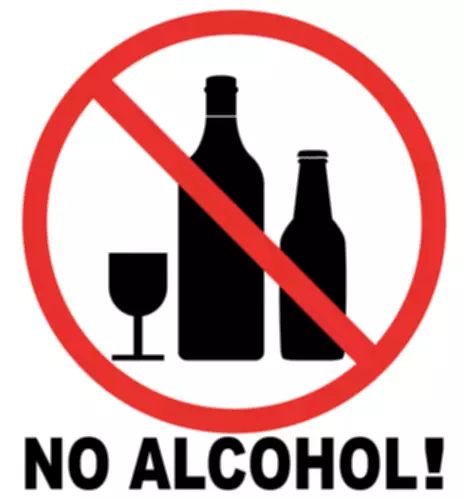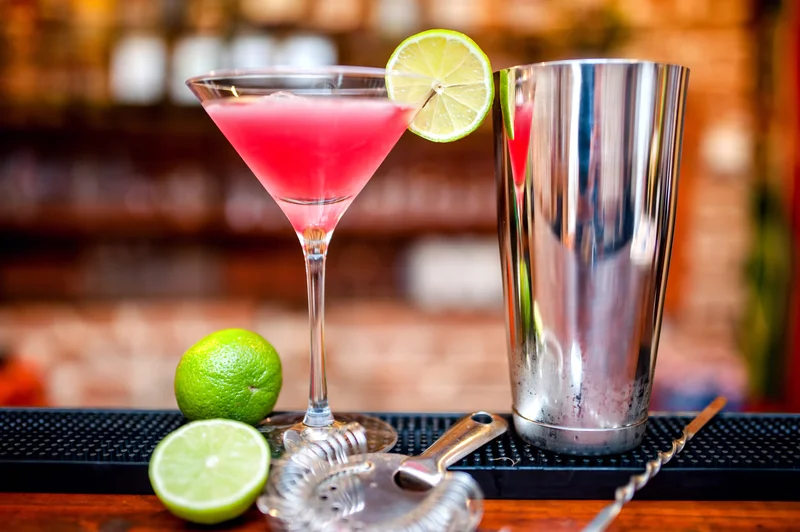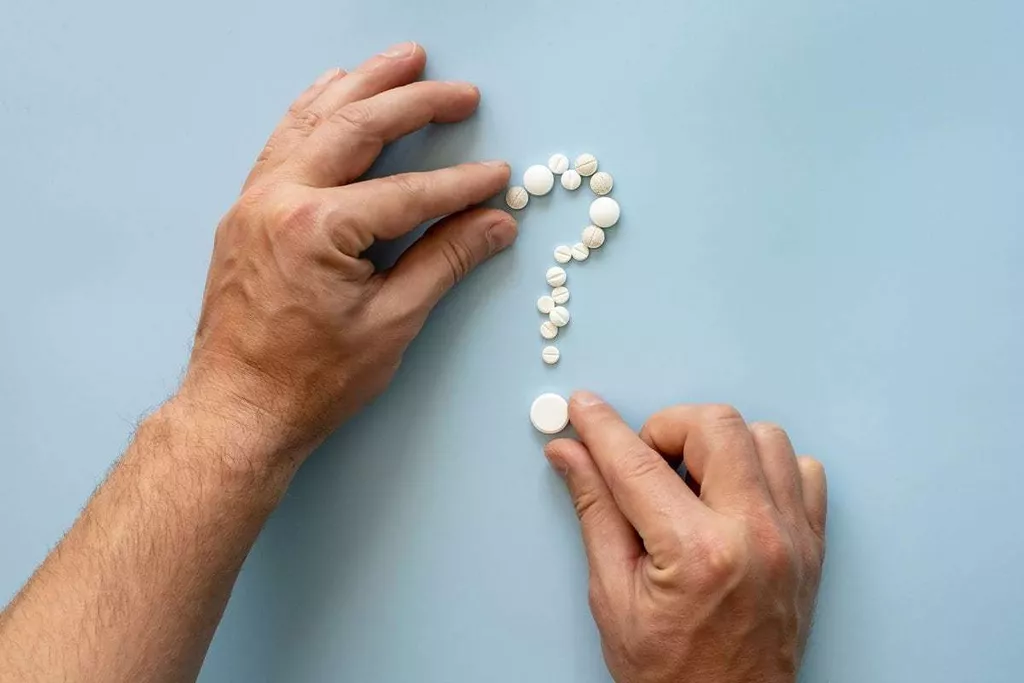
This is where you have great potential to learn how to maintain a healthy diet by learning how to eat whole foods and cook nutritious meals. You may want to reach out to a nutritionist or dietician to help coach you through how to plan your meals and nourish your body so you can maintain your desired weight and feel strong. One of the best things about giving up alcohol is that you may find yourself alcohol rehab feeling happier overall. This is because alcohol can cause depression, anxiety, and other mental health problems.

The first days

Because the liver is a tolerant organ, he said positive changes can occur within weeks of going dry. Yet the World Health Organization (WHO) states that no level of alcohol consumption is safe for human health. For people at low risk of complications, an office visit to your primary care provider, along with at-home monitoring and virtual office visits, may suffice. People at high risk of complications should enter a short-term in-patient detox program. It can be helpful to write down your reasons for quitting and the difficulty of withdrawal while it is fresh in your mind. Though it’s not a glamorous topic, alcohol-related digestive distress can cause some very real consequences.
Weeks 2 – 4
You will experience improved sleep, better digestion, noticeable weight loss (assuming you do not replace alcohol with terrible food), and a healthier-looking complexion. If you meet the criteria for heavy drinking for five or more days per month, you are considered a heavy drinker. If you fall into this category, don’t be alarmed if you don’t see the following benefits within the first week. Long-term alcohol consumption can lead to a variety of chronic gastrointestinal issues, including those caused by chronic alcohol use. From constipation and irritable bowel syndrome (IBS) to gastroesophageal reflux disease (GERD) and gallstones, the list is as long as it is troubling. While the immediate effects of alcohol on our digestive health are concerning, the long-term effects are even more alarming.
Behavioral Treatment
When you constantly have some alcohol in your bloodstream, you will not think as clearly. Many people who use alcohol heavily for a prolonged period often don’t even recognize the perpetual fog that alcohol creates. When you stop drinking, it can feel like entering a whole new world and like a fog that you didn’t even know was there has suddenly lifted. Alcohol can cause inflammation and damage to your liver when used heavily over prolonged periods. After stopping alcohol, inflammation in your liver caused by alcohol will subside. Most of this inflammation will be gone by your fourth week of abstinence.

After 3 months:
The physical symptoms of withdrawal will be past their worst for most people, and the benefits of quitting alcohol will start to be noticeable. Some alcohol withdrawal symptoms begin to resolve after peaking while others continue and can linger for 1-2 weeks. Other symptoms in stage 3 of alcohol withdrawal can include confusion, agitation, and hallucinations.
- However, people who drink heavily can be physically dependent on alcohol and stopping suddenly can cause alcohol withdrawal.
- If you drink in excess, cutting out alcohol for a period of time can help your liver, heart, and body composition.
- To speed up the healing process, Dr. Sonpal recommends a few weeks of supplementation with pre- and probiotics, to help your gut microbiome bounce back.

Just as a garden flourishes what happens when you stop drinking alcohol with the right care and conditions, our gut health can significantly improve with specific, targeted lifestyle adjustments. These changes encompass not just our diet but also our overall approach to daily living. Let’s explore some of these key lifestyle modifications that can help repair the gut and foster long-term gut health.
Long-Term Benefits of Quitting Alcohol
- The liver has around 500 functions in the body and is the site where alcohol is processed to reduce its toxicity.
- Please check for further explanation with your doctor if the information is unclear.
- Ultimately, your healthcare or mental health provider will determine the most appropriate action plan.
- People who drink daily or almost every day should not be left alone for the first few days after stopping alcohol.
- In severe cases, individuals might encounter hallucinations and seizures.
Or if you’re just thinking about taking a break from alcohol, for your own reasons or as part of a challenge, you will be joining millions of others. Consultant psychiatrist Dr Niall Campbell, of Priory’s Roehampton Hospital in south west London, is one of the UK’s leading alcohol addiction experts. Moreover, your liver, which bears the brunt of alcohol metabolism, gets a respite, allowing it to focus on detoxification and repair. When you look and feel your best, you’re in a position to use your well-earned pride as a powerful weapon against relapse. The truth is, I’ve never come across a “T-booster” that actually increases testosterone.
Risks and Complications
Quitting alcohol without professional support can lead to severe health risks. Therefore, anyone considering quitting should seek a medical consultation https://ecosoberhouse.com/ to plan a safe and effective approach. This helps your body heal and reduces the risk of diseases related to chronic inflammation.
